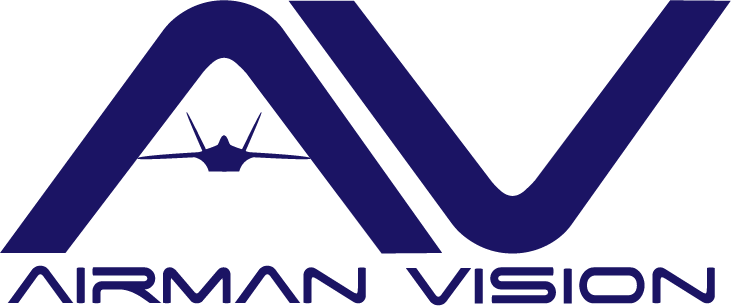3D1X2 - Cyber Transport Systems
3D1X2 - Cyber Transport Systems
Cyber Transport Systems Information
ASVAB REQUIREMENT:
Electrical 70 OR Electrical 60 + Cyber Test 60
STRENGTH REQUIREMENT:
50 lbs
AVERAGE INDOOR/OUTDOOR WORK CONDITIONS:
100% Indoor / 0% Outdoor
AVERAGE HOURS WORKED:
40-50
POSSIBILITY OF WORKING WEEKENDS:
Maybe
DEPLOYMENT TEMPO/RATE (LOW, MEDIUM, HIGH)
Low
TECHNICAL TRAINING LENGTH:
136 Classroom Days
TECHNICAL SCHOOL LOCATION:
Keesler AFB, MS
KNOWN DUTY STATIONS AVAILABLE TO NEW AIRMEN:
(we’re working on getting this information)
COMMUNITY COLLEGE OF THE AIR FORCE DEGREE:
Electronic Systems Technology
Airmen describing Cyber Transport Systems
A typical day working in cyber transport systems in the Air Force may involve:
Monitoring and maintaining the Air Force's global network infrastructure and systems
Configuring and troubleshooting network devices and systems, such as routers, switches, and firewalls
Managing and maintaining security protocols and software to protect against cyber threats
Reviewing and analyzing network traffic to identify and resolve issues and potential security breaches
Collaborating with other teams, such as network engineers and security experts, to design, implement, and maintain Air Force networks
Performing system upgrades and patches to ensure that Air Force networks and systems are up-to-date and secure
Participating in training, drills, and exercises to maintain and improve skills
Providing guidance and training to other Air Force personnel on network administration best practices and procedures
Participating in classified and unclassified meetings with other cyber transport systems team members and other agencies
It's important to note that depending on the specific role, a typical day may also include different responsibilities.
Cyber Transport Systems Airmen are the IT specialists of the Air Force. They provide mission-critical voice, data, and video services, deploy and operate expeditionary communications systems, and monitor the performance of systems and circuits. Cyber Transport Systems Airmen are also responsible for testing and troubleshooting network systems equipment and circuits. This includes IP detection systems, which identify cybersecurity breaches, as well as cryptographic equipment.
